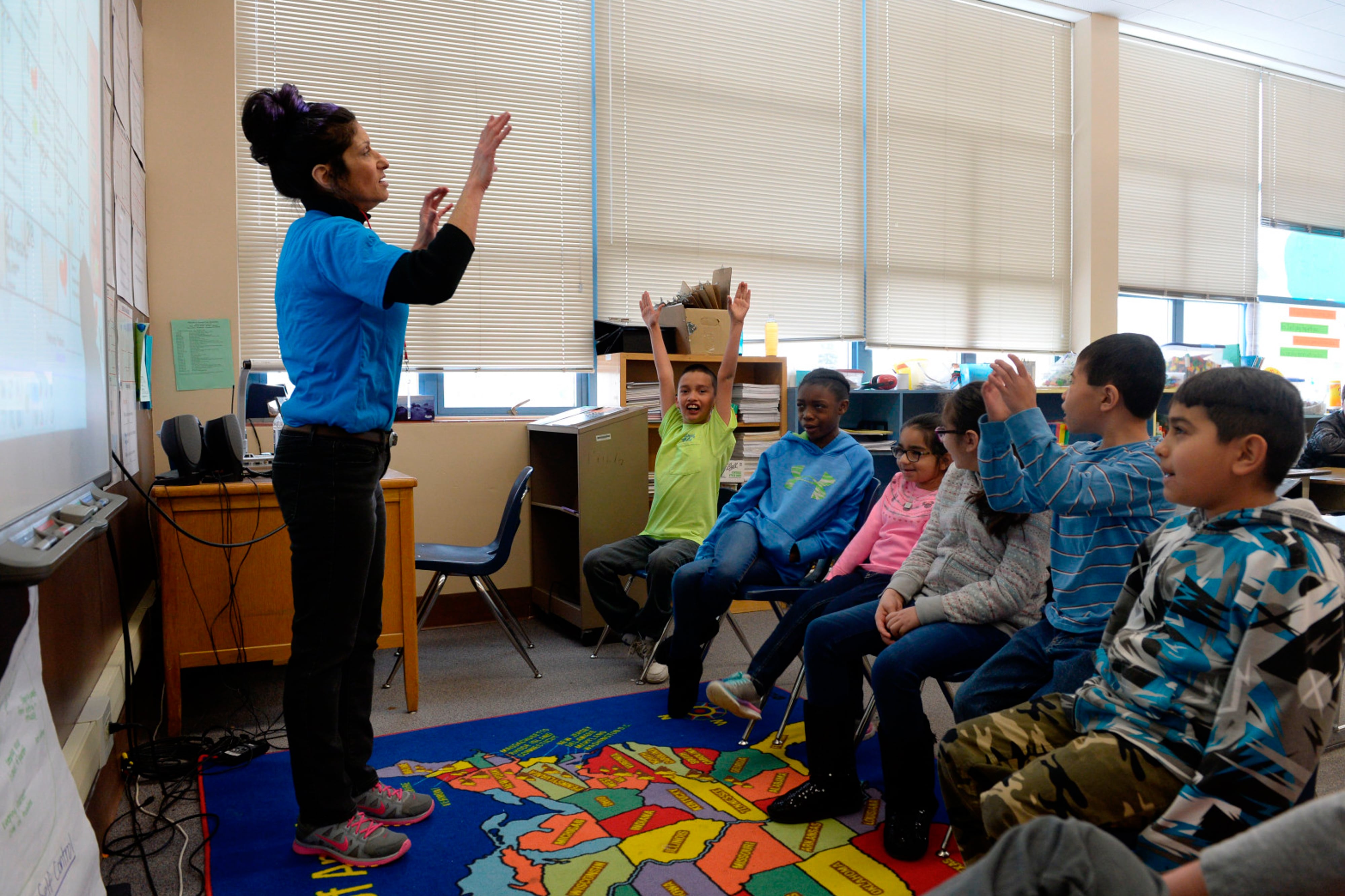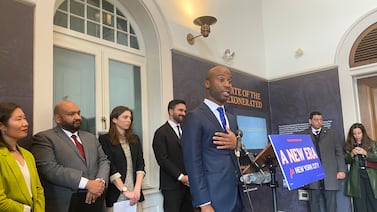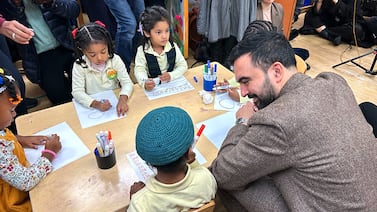As they start down a path toward school closures, Jeffco leaders say they want to hear from the community. But the feedback they gather will not save schools.
“I do believe in authentic community engagement,” Superintendent Tracy Dorland said at a Tuesday board meeting. “I also believe in courageous leadership that doesn’t pretend people have a choice when they don’t.”
District leaders have hired a consultant to help them understand what support families need to get through the closure process and move to new schools. The feedback the consultant gathers won’t stop schools from closing, Dorland and board members said.
Dorland said that if the district wishes to avoid school closures with little warning to parents, as Jeffco has done for the past two years, then it has run out of time.
“We don’t have the luxury of time,” Dorland said. For too long, she said, the district has avoided difficult decisions and long-term planning to address declining enrollment. Having discussions with every community “could take us another decade,” she said.
While leaders said they haven’t decided which schools to close, they are firm about schools having to close.
Dorland plans to present her recommendations on which schools to close at the end of August, and the board will vote in November. The district contracted with Keystone Policy Center to run the community engagement process before that vote.
School districts around the metro area and across the country are struggling with how to downsize as enrollments drop. The high cost of living in cities, a lower birth rate, and school choice are all likely contributing to public schools enrolling fewer students, and thus receiving fewer dollars.
Districts in Colorado have taken various approaches to community engagement, but still can’t avoid the backlash from people who feel unheard when their schools are closed.
In Aurora, the district began outreach years ago asking families, staff, and neighbors to share what they wanted most from their schools. The district used that information to consider many factors when picking a school for closure, looking across what’s best for a region.
But in the most recent round of school closures, parents of one school said they weren’t aware of that process until their school was recommended for closure, and they didn’t understand why their school was picked. Their pressure saved the school initially, but two months later, the board voted to close the schools anyway.
In Denver, the school district started down multiple paths last school year. After the district identified 19 schools as underenrolled, regional groups were going to make recommendations. Superintendent Alex Marrero paused that process and instead created a single committee that recommended criteria for closing small schools.
Throughout the process, parents and others have complained community engagement has fallen short.
Often, critics say communities already hard hit by poverty and other issues are the most likely to face closures. Those communities are also underrepresented among district leadership and are the hardest to reach through standard outreach approaches. That means those who are most affected have the least say.
Jeffco’s plan, somewhat more similar to Aurora’s, will consider multiple factors. And the district has not created strict cutoffs for enrollment or building usage that are too low, to alert a community that their school might be at risk of closure.
Instead, the district has listed those two factors as primary considerations, but also will look at how a school closure would impact an area, including where displaced students would go and where center programs for students with disabilities could be relocated.
“As a parent I see my child’s school, my child’s involvement, my child’s teacher,” said board member Paula Reed. But she said parents don’t know everything the district is considering, for example, about factors like special education centers or how transportation would work.
“We just need to be able to say to people you don’t have all the pieces. We do have people who are paid really well because they have expertise in this and we’re going to listen to those voices, but you are the experts on your community so we want to hear from you about how we can make this work in your community.”
Board member Susan Miller is concerned that the district isn’t looking broadly enough if it’s not looking at the regional feeder systems that send elementary students to certain middle and high schools, known in Jeffco as articulation areas.
District leaders say they’ll look at secondary school enrollment trends and possible closures starting with posting data on each of those schools in January.
Board member Reed said the board needs to be united so that the community can receive a clear message about what to expect.
“What we’re talking about is having genuine and authentic input into how this is accomplished and if your community is impacted, what do you need — not what do you want because you don’t always get what you want,” Reed said. “But as Mick Jagger wisely told us, if you try sometimes, you just might find that you get what you need.”
Yesenia Robles is a reporter for Chalkbeat Colorado covering K-12 school districts and multilingual education. Contact Yesenia at yrobles@chalkbeat.org.






